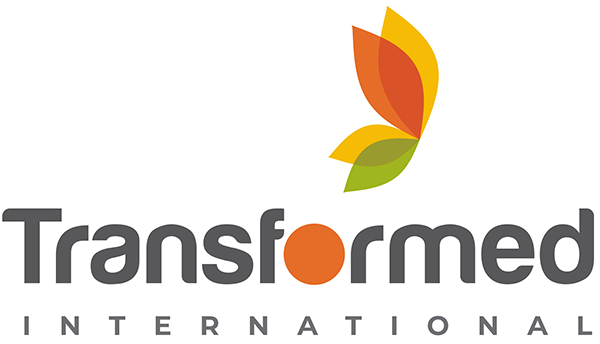Lifewater Zanzibar Aall Foundation Pilot Project October 2023
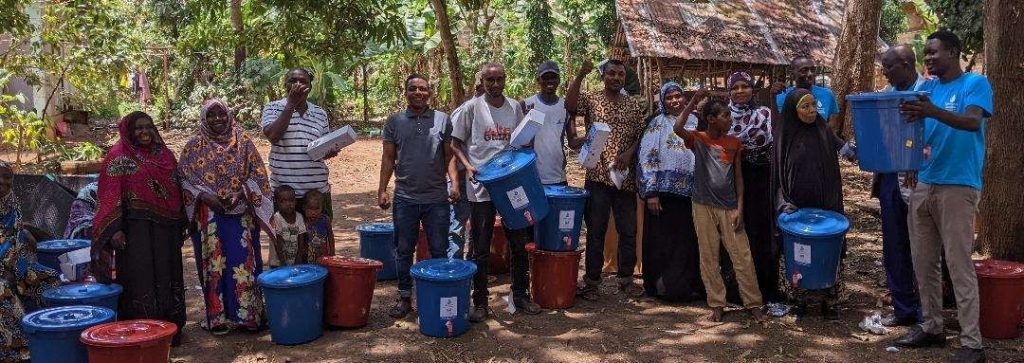
Zanzibar is a semi-autonomous Tanzanian archipelago off the coast of East Africa, consisting of three islands – Unguja, Pemba and Mafia (administered by Tanzania). Unguja, the largest island is commonly known as Zanzibar, with Zanzibar City it’s capital. The Zanzibar population of 1.9 million people (across all three islands) is 99% Moslem, 0.5% Christian and 0.5% Other/Indigenous.
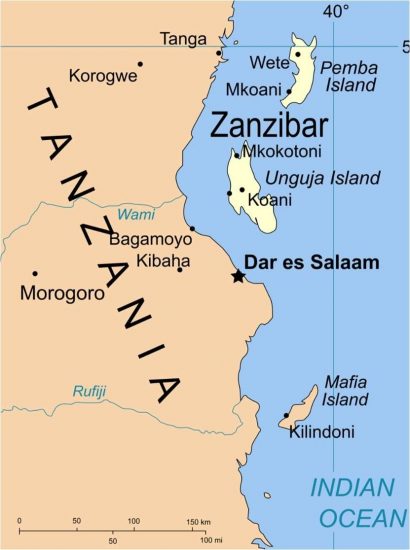
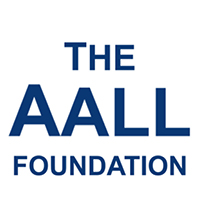
Transformed International has been working in Zanzibar with Christian churches since 2007. In 2015/2016, The Aall Foundation sponsored a Lifewater Schools Project on Unguja and Pemba, where many primary and secondary schools received Lifewater water purification systems. The immediate effect of this, apart from providing clean and safe drinking water to the schools, was a raising of the Christian community in the eyes of the Zanzibar Government and populace that engaged with the Lifewater Project.
In October 2022, two of the Transformed International UK directors – Roger and Glenys London briefly visited Zanzibar as part of a wider ministry trip to Tanzania, Malawi and Zambia. Whilst in Zanzibar, a request was made by our Zanzibar Watchmen International church colleagues to hold a further Lifewater Project there. It was later agreed by the UK Board to hold a Pilot Project on Zanzibar the following year, with sponsorship requested from The Aall Foundation.
The purpose of the Pilot Project was firstly, to provide clean and safe drinking water to Zanzibar, a nation that regularly suffers from outbreaks of water-borne diseases such as cholera, typhoid and dysentery, especially in the rainy seasons, and, secondly, to seek to build further bridges of reconciliation between the Moslem and Christian communities.
Preparation
In May 2023, Roger visited Zanzibar again, this time to begin the preparations for the Lifewater Project. Over the course of four to five days, several meetings were held with Government ministers, local District Chairmen and other village leaders to outline what was being proposed. A local church-based team was selected and trained to prepare for and to help run the forthcoming Project. This visit was followed up especially by two of our Watchmen International team leaders, Bishop Doctor Charles Kiyengo and Bishop Doctor Daniel Kwilemba. The preparation wasn’t easy as many obstacles and Government bureaucracy appeared to be stalling the way forward. However, eventually, the way was cleared for an October Pilot Project programme reaching three local communities.
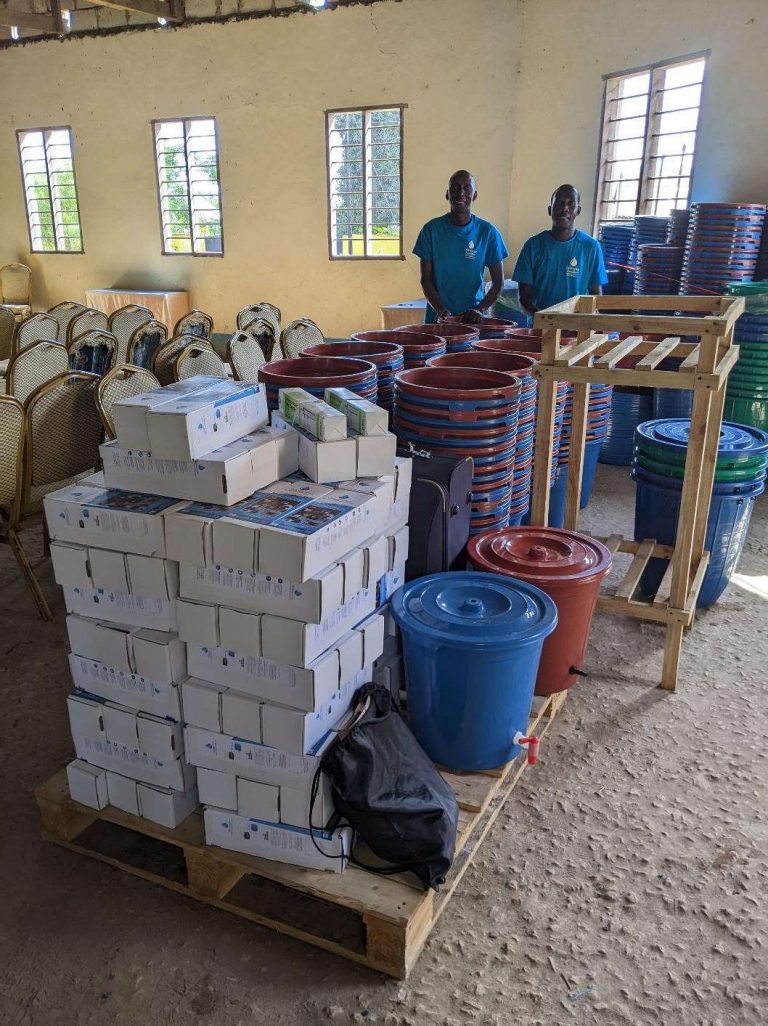
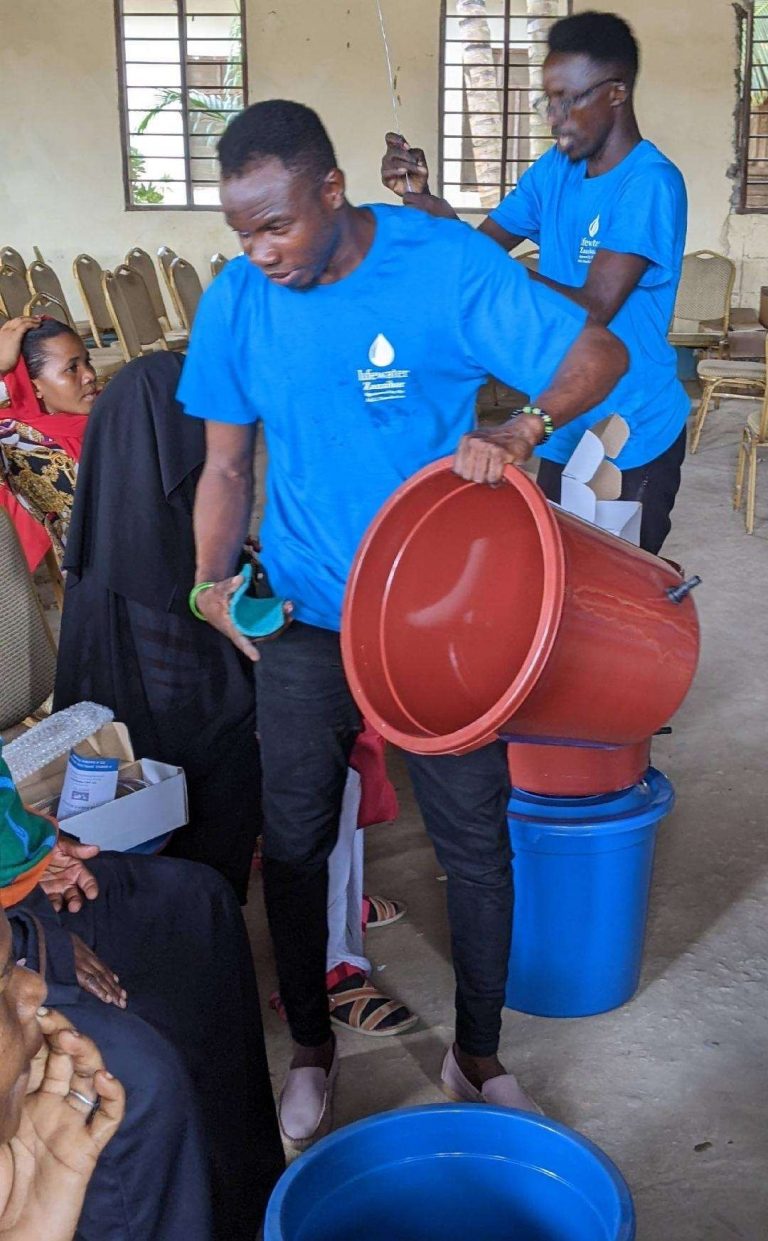
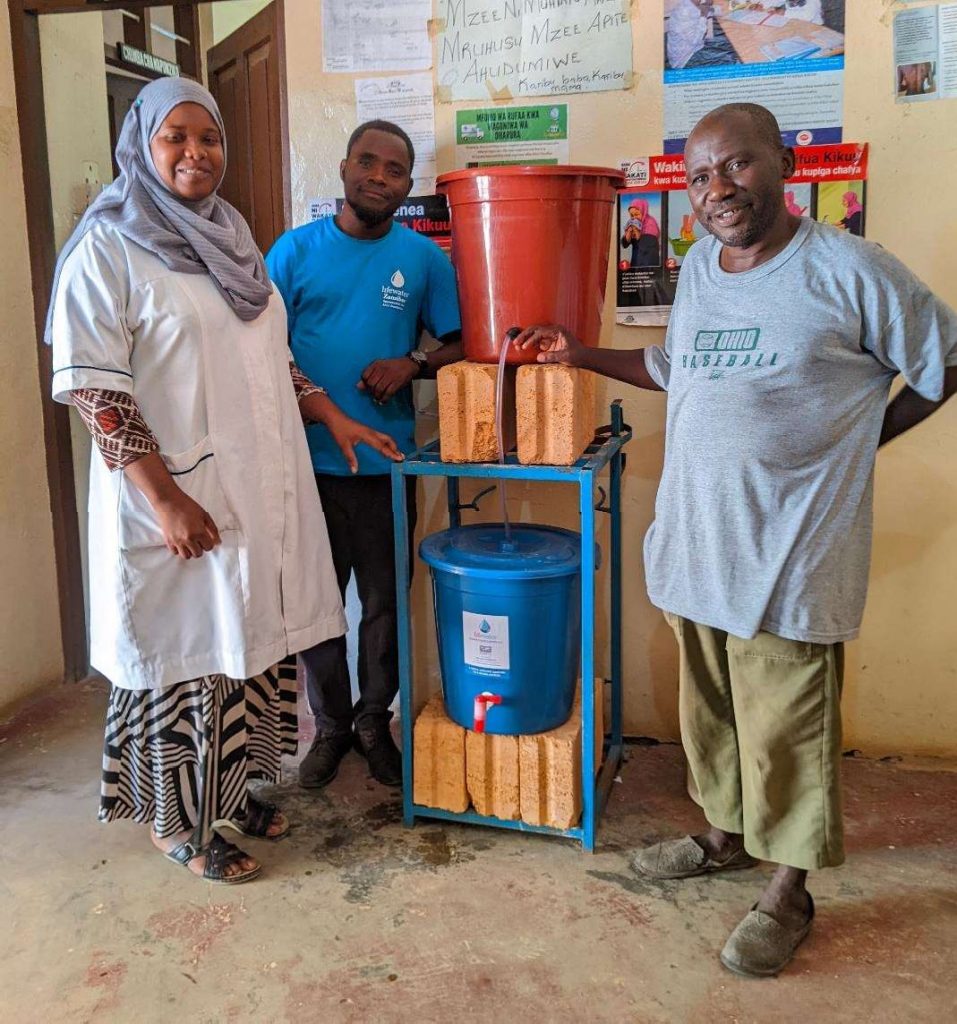
Launch
On Sunday evening, 15th October there was an official launch of the programme at PEFA Church, Kisauni, which saw both Christians and Moslems come together, united by the Project’s vision. Such a coming together of both religious communities in a Christian church was almost unheard of. The successful launch even hit Tanzania local and National news media.
Kisauni
The first workshop of the Lifewater Pilot Project took place on Tuesday 17th October at PEFA Church, Kisauni – a semi urban community at the southern end of Zanzibar City. Local leaders had selected 125 recipient households, a large primary/secondary school and a local health facility, from across the community, to participate in the programme.
Members of recipient households were taught about the issues surrounding unsafe drinking water, the benefits of drinking filtered Lifewater and then instructed on how to assemble, use and maintain their Lifewater systems.
Later, in the afternoon, both the school and health facility were visited and our Lifewater team helped to assemble their Lifewater systems. Teaching and health staff were instructed just as members of households had been in the morning training session.
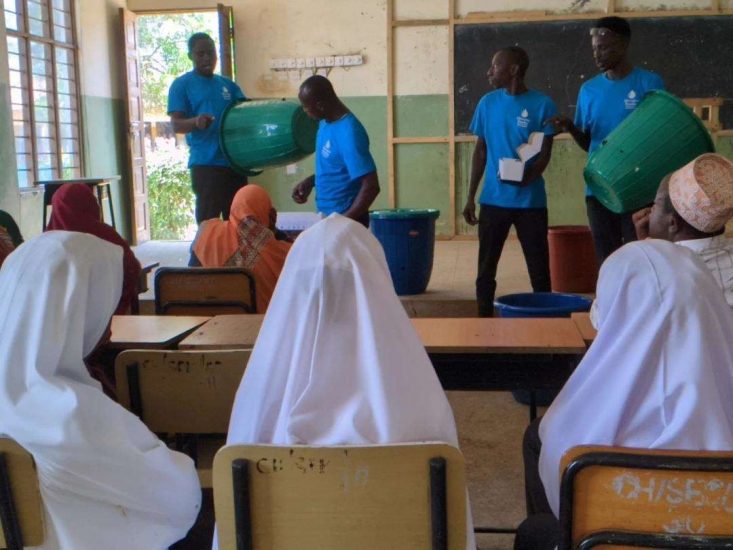
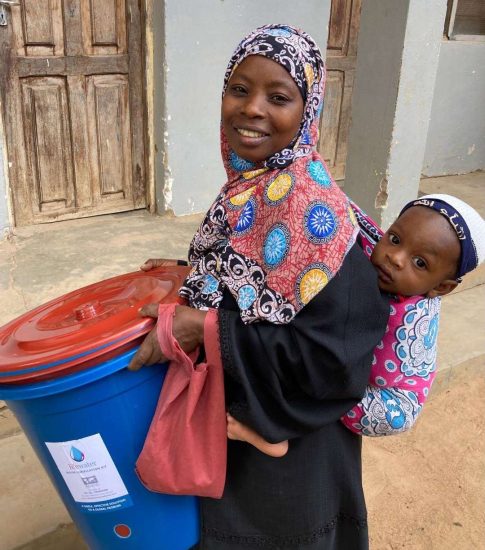
Chukwani
Wednesday 18th October saw our Lifewater team visit Chukwani, a semi-rural community a little further south of Zanzibar City. The programme there took place in a tree-shrouded open air space where a further 100 households, and a local school, were recipients of Lifewater systems.
Welezo
Welezo, another semi-urban community, to the north of Zanzibar City, hosted the third Lifewater workshop in Welezo Community Centre. Recipients in Welezo had come together from quite a wide area to participate in the programme. This was largely due to Welezo being a large District with several area leaders who each wanted some members of their community to be recipients in this Pilot Project. Again, a further 100 homes, a large school and a health facility benefitted from this programme.
Monitoring
On the Friday morning, the Lifewater team, which had consisted of Roger and Glenys , several church leaders and around a dozen trained youths, was split into three groups in order to visit a number of recipient homes in Kisauni, Chukwani and Welezo. This was a spot-check exercise, visiting only a small percentage of the recipient homes, checking on how the Lifewater systems had been set up and again explaining how best to use and maintain their systems. A further two days of spot-check monitoring was due to take place early November, in order to visit, in total, around 40-50 homes in each community.
After three months (January 2024), and, again, after seven months (May 2024), every recipient home, school and health facility would be visited and monitored by the Zanzibar Lifewater team in order to make a fuller assessment of the Pilot Project. The results would be collated and forwarded to the UK Board and for presentation to The Aall Foundation.
Conclusion
In the light of the great need on Zanzibar, the team has agreed to put together a future Project proposal with the aim of taking another step forward, hopefully commencing January 2025. This proposal, when written and agreed with the Transformed International UK Board, should be put to the Zanzibar Government, and to national and local businesses in order to raise the level of support to make a major impact on the Islands.
Thanks to the Aall Foundation
Without the generous support of The Aall Foundation none of the above could have taken place. Now, however, the wheels have been set in motion that, hopefully, will result in having a major impact in the lives and health of the Zanzibar people.
